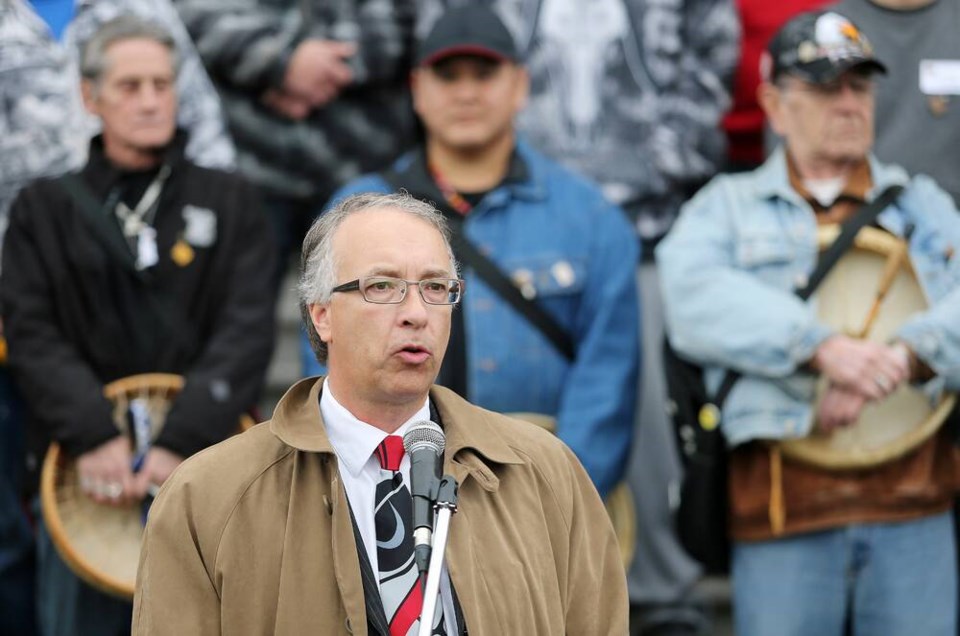It has been decades since a provincial Conservative party in this province carried any heft on the political scene, so the defection of former BC Liberal MLA John Rustad to the Conservative Party of BC will likely have little short-term impact.
However, Rustad’s decision has given his new party a shot in the arm that could translate into making trouble for his old party come the next provincial election.
Then again, we could simply be watching a replay of the last time a former BC Liberal MLA declared himself a BC Conservative. That was John van Dongen a dozen years ago, and his political career quickly flamed out and the party remained obscured in the political wilderness, where it has essentially been since before the Second World War.
The BC Conservatives last elected an MLA almost 50 years ago, back in a 1978 byelection. It was thought to have a fighting chance of winning at least one seat in the 2013 election, when the BC Liberals under then-leader Christy Clark appeared to be in trouble.
But the election gave Clark an impressive majority win, while the BC Conservatives received a mere 4.75 per cent of the vote. Only a dozen of its 56 candidates even exceeded 10 per cent of the popular vote in their riding.
So, there is no reason to believe that Rustad’s move will breathe serious life into a party that has been going nowhere fast for almost 100 years (he had been sitting as an Independent after being expelled from the BC Liberal caucus for disagreeing with the party’s climate change policies).
However, there is a big “but” attached to this analysis.
While it is highly unlikely the BC Conservatives will do well on a province-wide basis, the party has a chance of playing a critical role in the outcome of elections in several key ridings.
In other words, the party can cause a “split” of the center-right voter base that, if significant enough, could cause some normally “safe” BC Liberal ridings (as well as ridings the party narrowly wins) to slide to the BC NDP side.
If one assumes a vote for a BC Conservative candidate is, for the most part, a vote that would have otherwise gone to the BC Liberals, some interesting scenarios may arise.
That certainly happened in the 2020 election. In that contest, the BC NDP won four ridings with a victory margin that was less than the total votes received by BC Conservative candidates in those ridings. If those candidates were not on the ballot, it is reasonable to think the BC Liberals would likely have won those seats (Abbotsford-Mission, Langley East, Chilliwack and Vernon-Monashee), since they have been traditionally strong areas for that party for seemingly forever.
BC Conservative candidates may not only make it easier for the BC NDP to hang on to those four ridings, but they could also play a prominent role in the outcome of a handful of ridings where the BC Liberals have won by narrow margins in recent elections: Fraser-Nicola, Kamloops-North Thompson and Surrey-White Rock.
The BC Liberals are still in rebuilding mode and are about to change their name to BC United. Things are already complicated enough for them.
Rustad’s move may be the last thing that party needs as it tries to become competitive again in the crucial regions of suburban Metro Vancouver.
Keith Baldrey is chief political reporter for Global BC.




